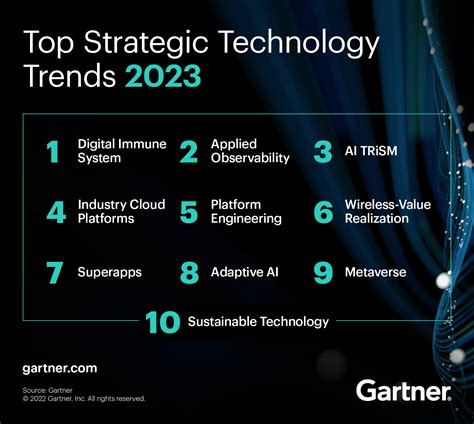The utilities industry is on the cusp of a revolution, driven by technological advancements, shifting consumer expectations, and evolving regulatory frameworks. As the sector continues to grapple with the challenges of a rapidly changing landscape, it's essential to stay ahead of the curve and understand the trends that will shape its future.
Increased Focus on Sustainability and Renewable Energy

One of the most significant trends in the utilities industry is the growing emphasis on sustainability and renewable energy. As concerns about climate change and environmental degradation continue to mount, utilities companies are under increasing pressure to reduce their carbon footprint and invest in cleaner, more sustainable energy sources. This shift is driven in part by regulatory requirements, such as the European Union's Renewable Energy Directive, which sets a target of at least 32% of final energy consumption coming from renewable sources by 2030.
Renewable Energy Sources
In response to this trend, utilities companies are investing heavily in renewable energy sources such as wind, solar, and hydroelectric power. For example, NextEra Energy, one of the largest utilities companies in the United States, has set a goal of reducing its greenhouse gas emissions by 67% by 2025, primarily through the development of new renewable energy projects.Digitalization and Smart Grids

Another key trend in the utilities industry is the increasing adoption of digital technologies, particularly in the area of smart grids. Smart grids use advanced technologies such as IoT sensors, data analytics, and artificial intelligence to manage energy distribution and consumption more efficiently. This allows utilities companies to better manage peak demand, reduce energy waste, and provide more personalized services to customers.
Benefits of Smart Grids
The benefits of smart grids are numerous, including improved reliability, increased efficiency, and enhanced customer experience. For example, smart grids can help utilities companies to detect and respond to power outages more quickly, reducing the duration and frequency of outages. Additionally, smart grids can provide customers with real-time information about their energy usage, enabling them to make more informed decisions about their energy consumption.Electrification of Transportation

The electrification of transportation is another trend that is transforming the utilities industry. As governments around the world set targets to phase out internal combustion engines and promote the adoption of electric vehicles, utilities companies are playing a critical role in supporting this transition. This includes investing in charging infrastructure, providing special rates for electric vehicle owners, and offering other incentives to encourage the adoption of electric vehicles.
Challenges and Opportunities
While the electrification of transportation presents numerous opportunities for utilities companies, it also poses significant challenges. For example, the increased demand for electricity to power electric vehicles will require significant investments in new generation and transmission infrastructure. Additionally, utilities companies will need to develop new business models and pricing strategies to accommodate the unique needs of electric vehicle owners.Customer Expectations and Experience

Finally, the utilities industry is also being shaped by changing customer expectations and experiences. Today's customers expect more personalized, convenient, and digitally enabled services from their utilities providers. This includes online portals and mobile apps that allow customers to manage their accounts, track their energy usage, and receive real-time notifications and alerts.
Utilities Companies Responding to Changing Customer Expectations
In response to these changing customer expectations, utilities companies are investing in new technologies and business models that prioritize customer experience. For example, some utilities companies are using AI-powered chatbots to provide 24/7 customer support, while others are offering personalized energy usage recommendations and insights to help customers save energy and money.





As the utilities industry continues to evolve, it's essential for companies to stay ahead of the curve and understand the trends that will shape its future. By investing in renewable energy, digital technologies, and customer experience initiatives, utilities companies can position themselves for success in a rapidly changing landscape.
What are the main trends shaping the utilities industry?
+The main trends shaping the utilities industry include the increasing focus on sustainability and renewable energy, digitalization and smart grids, electrification of transportation, and changing customer expectations and experiences.
How are utilities companies responding to changing customer expectations?
+Utilities companies are responding to changing customer expectations by investing in new technologies and business models that prioritize customer experience, such as online portals and mobile apps, AI-powered chatbots, and personalized energy usage recommendations and insights.
What are the benefits of smart grids?
+The benefits of smart grids include improved reliability, increased efficiency, and enhanced customer experience. Smart grids can help utilities companies to detect and respond to power outages more quickly, reduce energy waste, and provide customers with real-time information about their energy usage.
